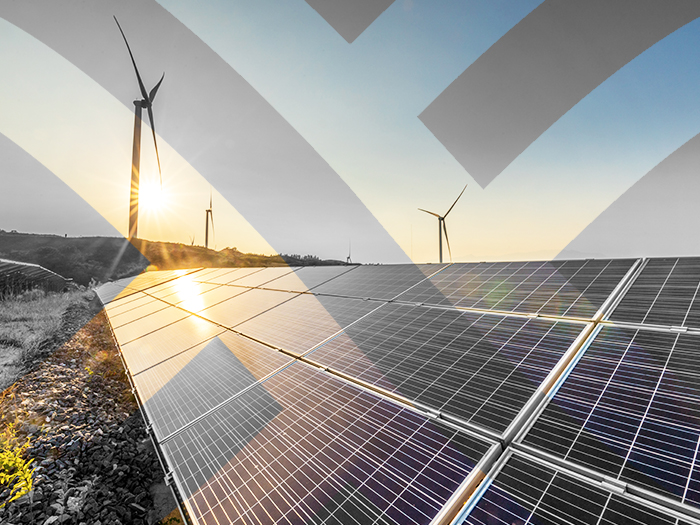News
better business decisions
Posted 7 months ago | 2 minute read

Ireland approves private wires electricity reform
The Irish government has approved a new policy that will enable direct connections between renewable energy generators and electricity users.
Under the new policy, announced on 15 July, private investors will be permitted to build and own electricity lines in specific cases where they connect generation assets directly to end users.
At present, only ESB Networks can own a line that brings electricity from a generator to an electricity customer. But under the new policy private investors will be able to build and own such lines to enable:
- a direct connection between a generator, for example a wind farm or solar farm, and an electricity customer that wants to decarbonise
- a wind farm or solar farm owned by one company to be able to share a grid connection with another generator or a battery installation owned by another company
- private lines to be allowed where they are the solution to allow on street charging of electric vehicles
- a business that self-supplies electricity to provide electricity to a neighbouring customer where the line does not have to cross land owned by a third party
Primary legislation will be introduced to amend the Electricity Regulation Act, with a general scheme expected to come before the government in the autumn.
GridBeyond head of DSR and BESS services – Ireland, Denver Blemings said:
“This policy is a foundational step toward a more dynamic, decarbonised electricity system. By enabling private ownership of electricity lines, it will not only unlock vital private investment in renewable generation and storage, but also accelerate the decentralisation of the wider grid. This reform paves the way for more flexible, efficient, and resilient energy solutions; from direct green power supply to businesses, to enabling cost-effective EV charging and peer-to-peer energy sharing.”
GridBeyond’s experience in navigating complex market reforms and delivering innovative infrastructure solutions positions it as a key enabler of private wire developments and next-generation energy systems in Ireland and beyond. With deep expertise in energy technology, market strategy, and grid optimisation, GridBeyond enables commercial and industrial businesses to participate in energy flexibility markets, reduce carbon emissions, and enhance energy resilience. The company’s advanced AI-driven platform integrates distributed energy resources, including battery storage, EV chargers, on-site generation, and demand-side response, into the grid in real time, maximising value for asset owners while supporting grid stability.






